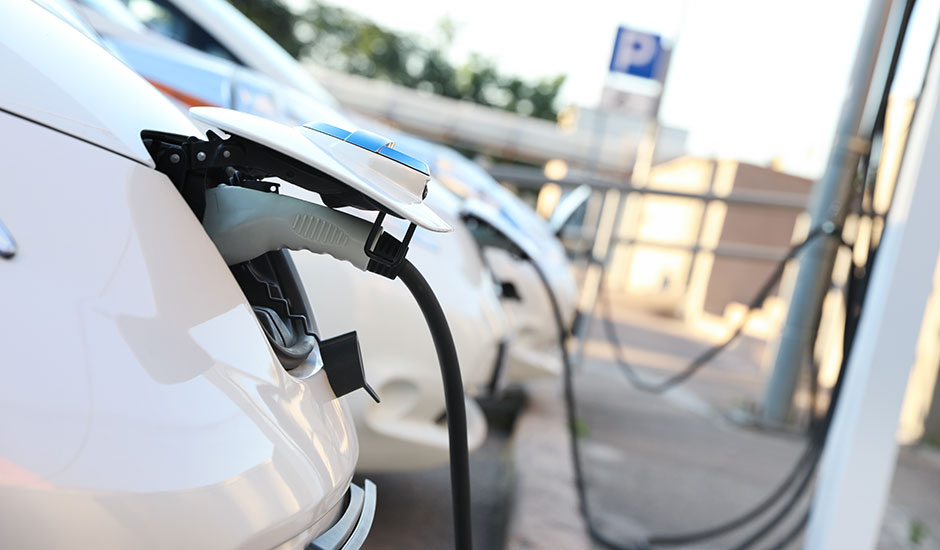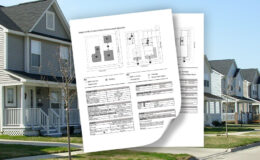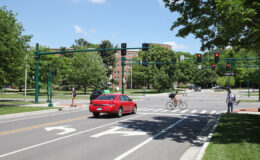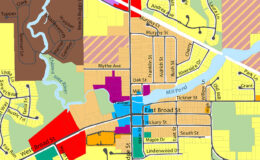Significant investment in electric vehicles (EV) and alternative fuels (AF) is increasing the need for EV production and charging infrastructure across the country. Communities and regional authorities are eligible for funding assistance offered by practically every level of government. The City of Sterling Heights, MI, capitalized on a Transportation Planning Grant from the Southeast Michigan Council of Governments (SEMCOG) to complete an EV Charging Master Plan to position for anticipated EV-focused Federal funding. Wade Trim partnered with the City to prepare the document that identifies optimal EV charging station locations, private sector partnership strategies, zoning and permitting needs, and funding sources to meet the City’s sustainability goals.
Work began with a review of the City’s existing plans, zoning ordinances, and operational policies to help guide recommendations. Our planning team analyzed existing public EV chargers in the region and facilitated a resident survey to gauge understanding and interest. Key Master Plan recommendations include:
- Adopt policies to promote renewable energy generation and on-site energy storage systems (ESS) at City properties
- Transition City fleet vehicles to EVs
- Develop construction standards and specifications to help make City capital projects EV-ready
- Allow public charging stations as a by-right use in all commercial and nonresidential districts
- Craft language around EV readiness requirements for all new developments
- Revise parking requirements to specifically address EV and charging stations
Sterling Heights officials are looking forward to enhancing their City’s sustainability practices by implementing EV Charging Master Plan recommendations with Federal and state funding. The Infrastructure Investment and Jobs Act includes $7.5 billion for EV/AF infrastructure, with $2.5 billion available as competitive grants to local governments along key highway corridors and place-based infrastructure in population centers.







